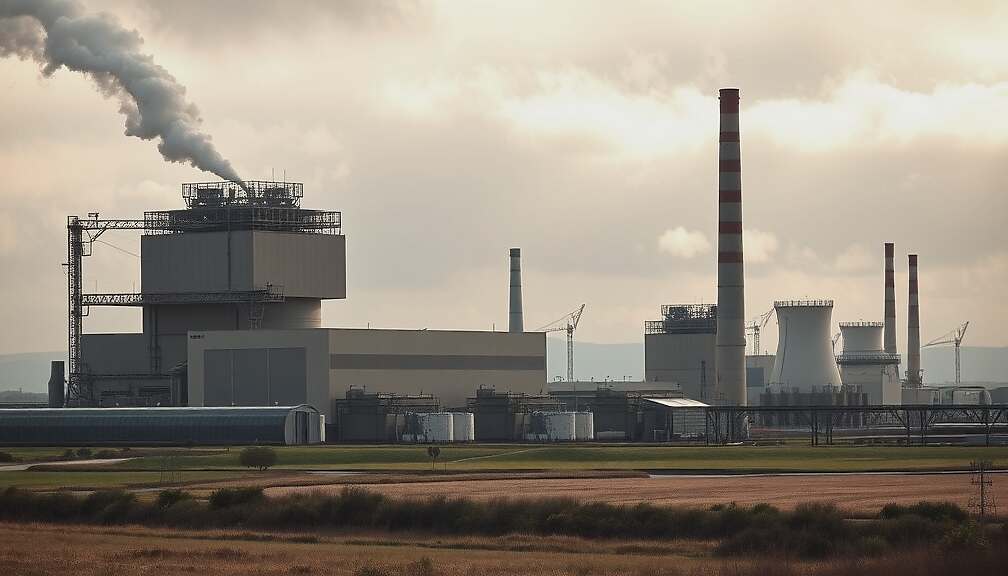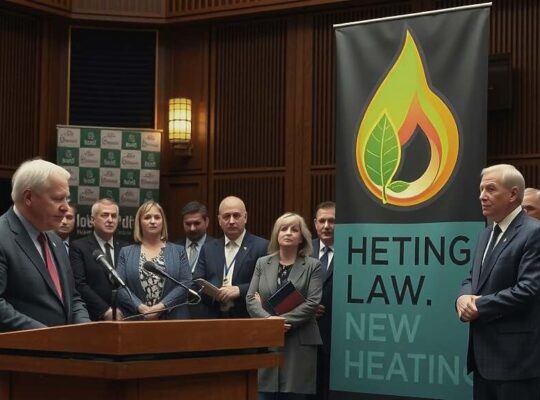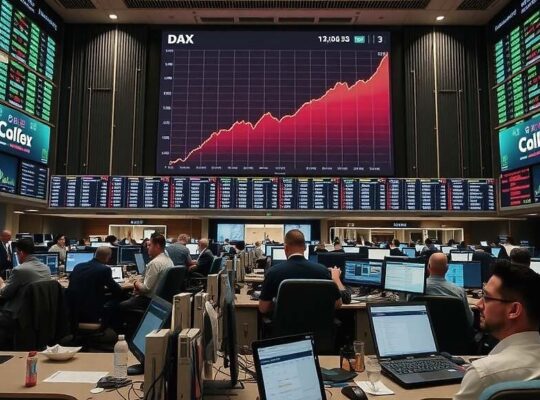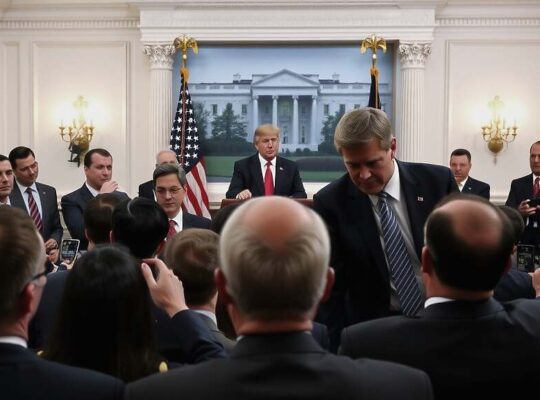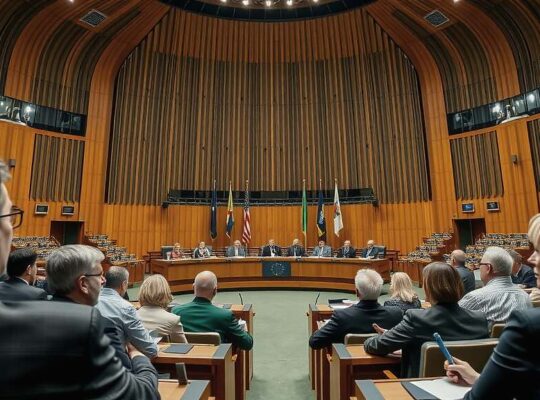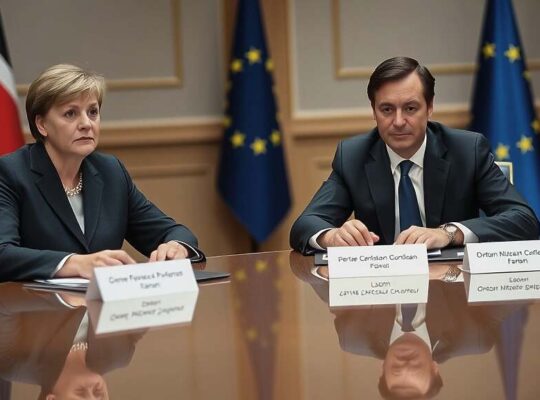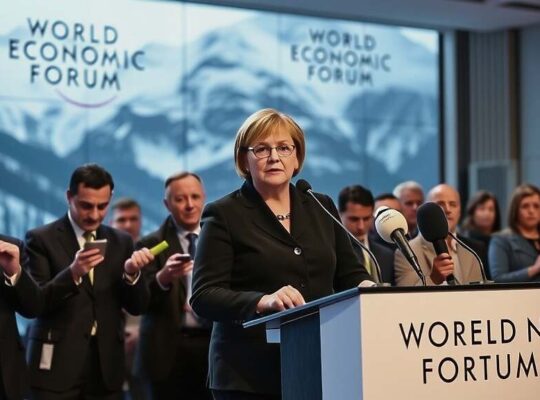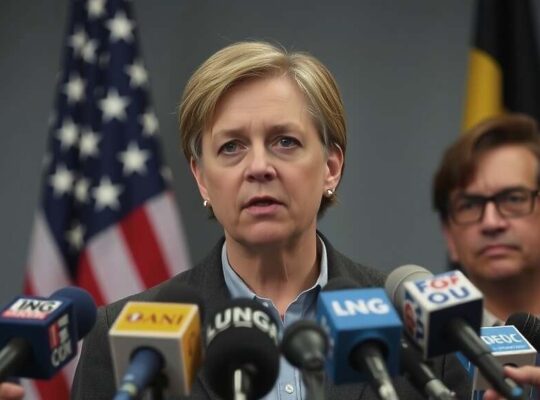Energy provider RWE’s CEO, Markus Krebber, has urged Economics Minister Katherina Reiche (CDU) to expedite the commissioning of new gas-fired power plants. Krebber stated to the “Rheinische Post” that securing energy supply reliability necessitates gas power plants to operate when wind and solar energy are unavailable. He anticipates swift clarification from the federal government regarding incentives for construction, ideally initiating a competitive bidding process to award ten gigawatts immediately to the most cost-effective providers.
Krebber estimates the cost of this supply security to be approximately 0.2 cents per kilowatt-hour, representing less than one percent of the current electricity price. He emphasized the urgency of commencing construction to facilitate the planned phase-out of coal-fired power generation. RWE is, for example, planning to build three gigawatts of gas-powered units at former coal plant locations in North Rhine-Westphalia (NRW).
The German Federal Network Agency projects a potential shortfall of up to 22.4 gigawatts of controllable capacity by 2035, assuming renewable energy expansion targets are met and no power plants are decommissioned. A slower transition to renewable energy could increase this requirement to as high as 35.5 gigawatts. Controllable capacities encompass not only fossil fuel-based gas and coal plants, but also green hydrogen power plants, storage power plants and battery storage facilities. Furthermore, controllable loads and electric vehicle storage can contribute to grid stability.
However, the construction of gas-fired power plants has drawn criticism due to their carbon dioxide emissions, which, when utilizing Liquefied Natural Gas (LNG), can exceed those of coal-fired plants. Carbon Capture and Storage (CCS) technology, designed to capture and store CO2 underground, remains costly and is recommended by climate scientists primarily for emissions that are difficult to avoid due to its associated risks and limited capacity.


